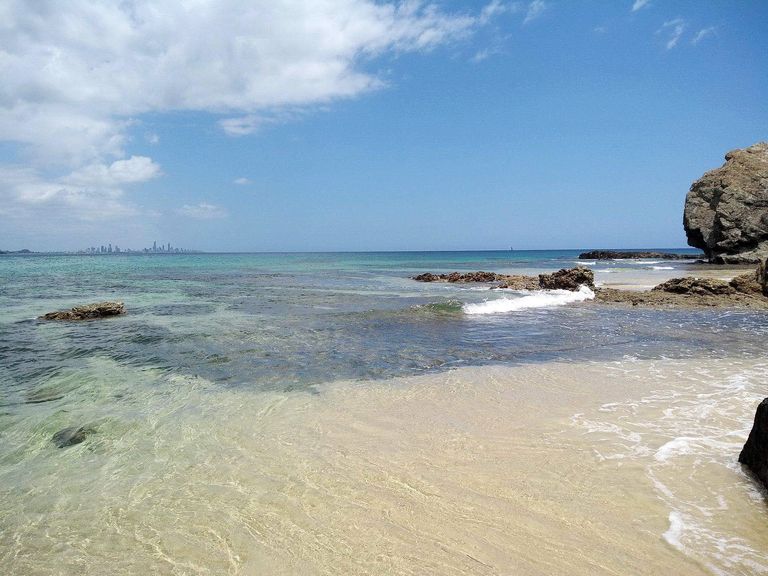The oceans are the lifeblood of our planet, covering more than 70% of Earth's surface and playing a crucial role in maintaining the delicate balance of life. They are not only vital for ecological health and the global economy but also deeply intertwined with human emotion and well-being. Oceans inspire awe, provide a sense of connection, and evoke a profound sense of wonder. Their importance transcends practical utility, touching the core of human experience.





Sustaining Life on Earth
Oceans regulate the planet's climate by absorbing vast amounts of carbon dioxide and distributing heat across the globe. They produce more than half of the Earth's oxygen, thanks to the microscopic phytoplankton that thrive in their waters. These marine ecosystems are home to a breathtaking array of biodiversity, from coral reefs teeming with life to the enigmatic creatures of the deep sea. The oceans provide essential resources, including seafood that feeds billions, materials for medicine, and renewable energy opportunities.
Beyond their tangible contributions, oceans play a pivotal role in weather patterns, influencing rainfall and storm cycles. Coastal regions, supported by the wealth of resources oceans provide, are hubs of human civilization and culture. The health of these ecosystems directly impacts global economies and food security, underscoring the urgent need for sustainable practices to protect these invaluable resources.





Oceans and the Human Spirit
The ocean’s vastness and mystery resonate deeply with the human psyche. Standing on a shore or gazing at the endless horizon fills us with a sense of awe and humility. For centuries, oceans have inspired art, literature, and exploration, reflecting humanity's enduring fascination with their beauty and power.
Many people find solace and a sense of connection when near the sea. The rhythmic sound of waves has a calming effect, and the ocean's sheer expanse offers a perspective on our place in the universe. It reminds us of both our smallness and our interconnectedness. Activities like swimming, surfing, or simply walking along the beach foster physical and mental well-being, underscoring the therapeutic value of oceans.





A Call to Action
Despite their importance, oceans face unprecedented threats from overfishing, pollution, and climate change. Plastic waste pollutes the waters, marine habitats are degraded, and rising temperatures disrupt delicate ecosystems. The consequences of neglecting ocean health extend beyond environmental degradation, affecting the very foundation of human existence and our emotional ties to nature.
Protecting oceans is not just an environmental imperative; it is a moral one. By adopting sustainable fishing practices, reducing carbon emissions, and minimizing waste, humanity can safeguard these treasures for future generations. Conservation efforts, education, and international collaboration are essential to ensure that oceans continue to support and inspire life.





Conclusion
The oceans are more than vast bodies of water; they are the beating heart of Earth, sustaining life and stirring the human soul. Their importance to our physical survival is matched by their ability to connect us with something greater than ourselves. To honor and protect our oceans is to honor and protect the essence of what it means to be human. In doing so, we preserve not just a resource, but a source of wonder, healing, and endless inspiration.





